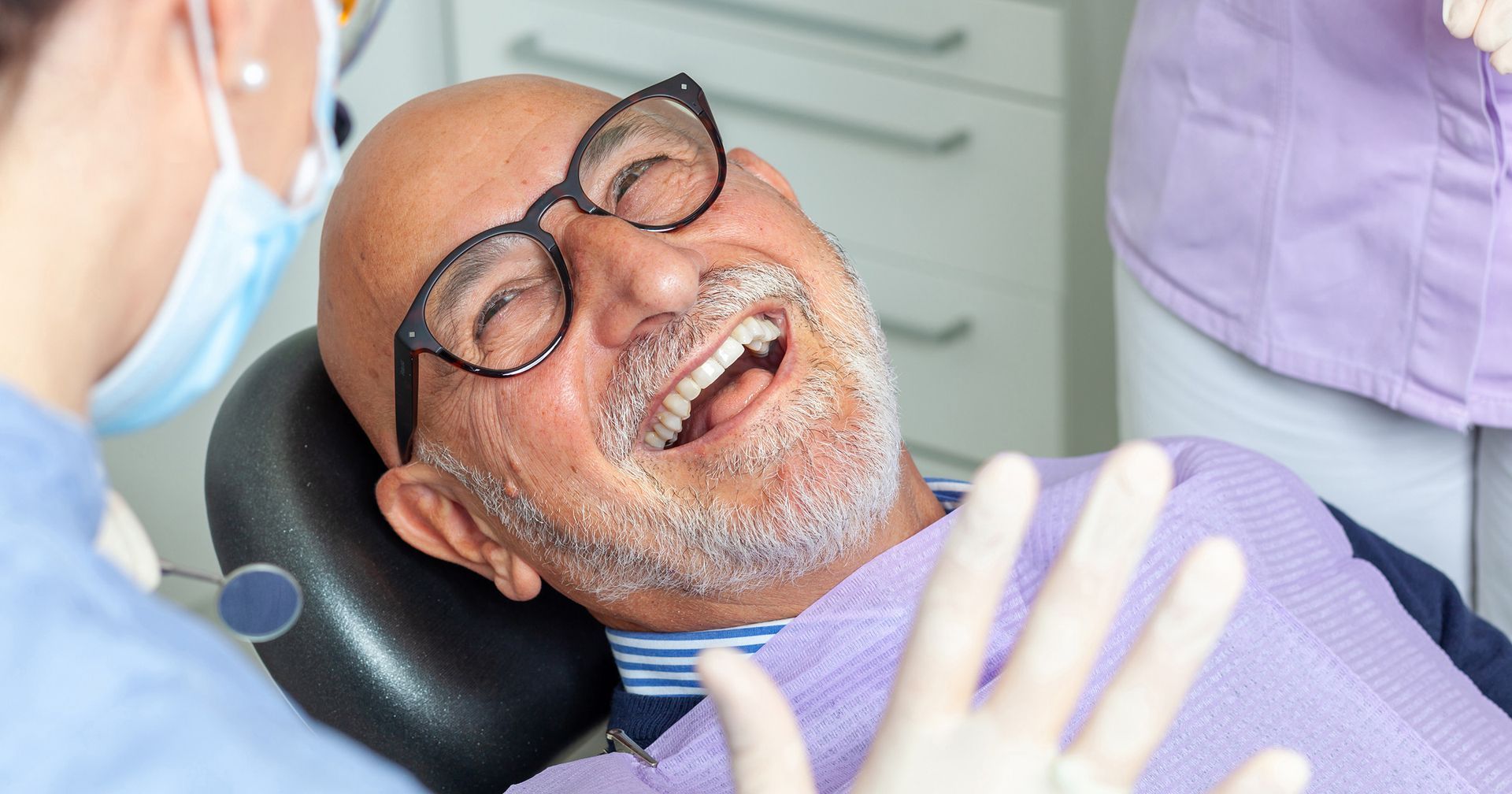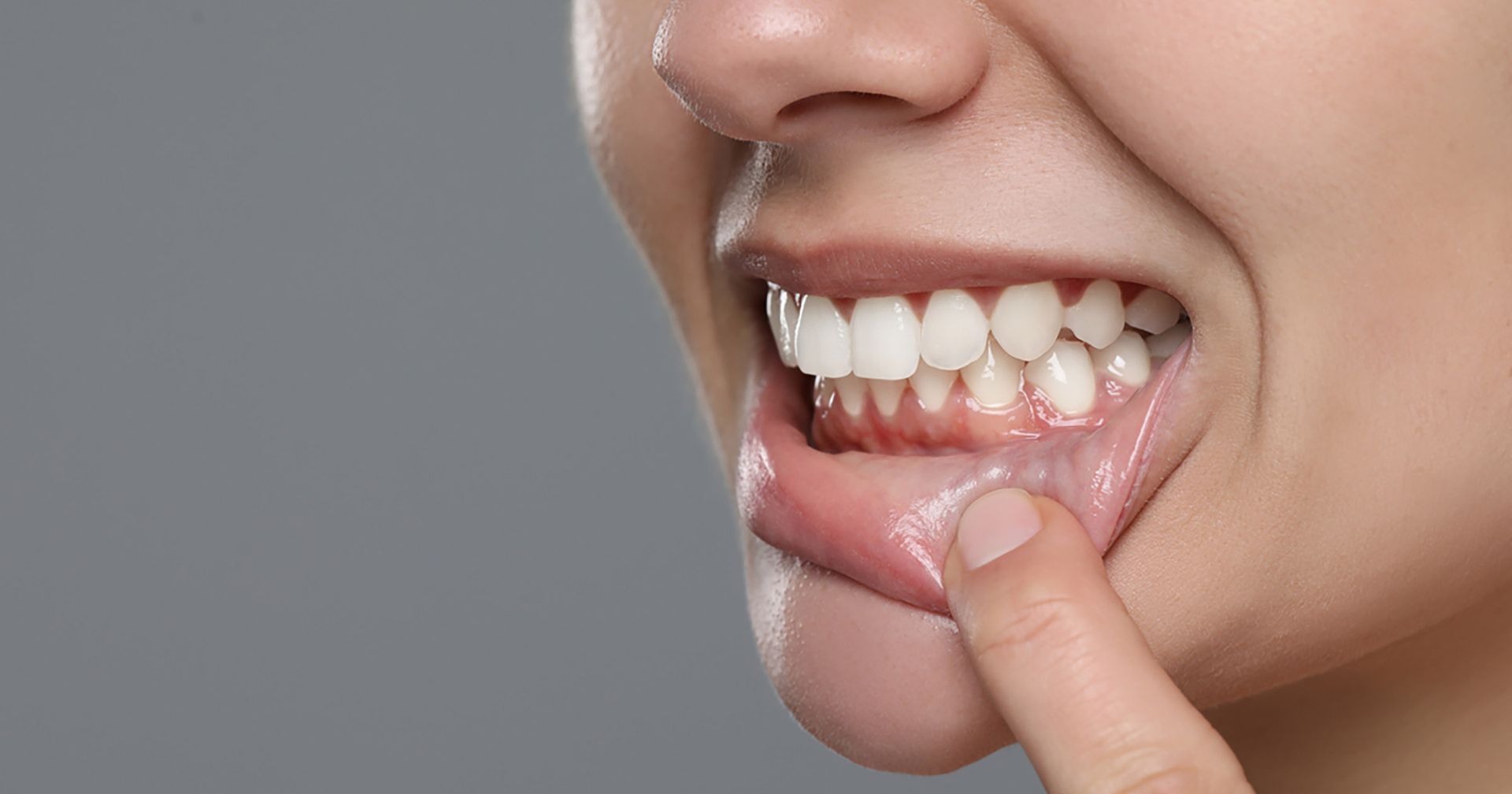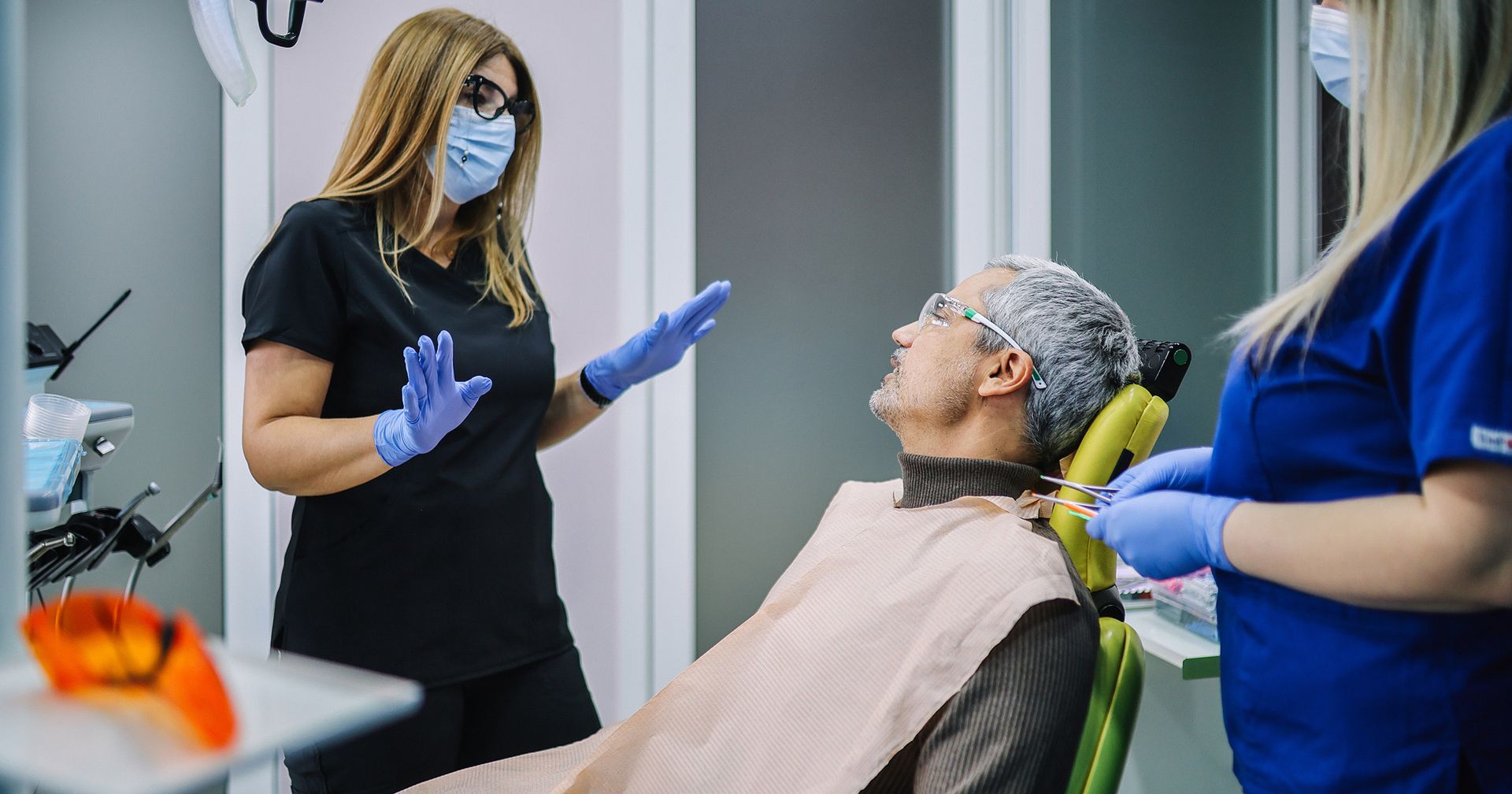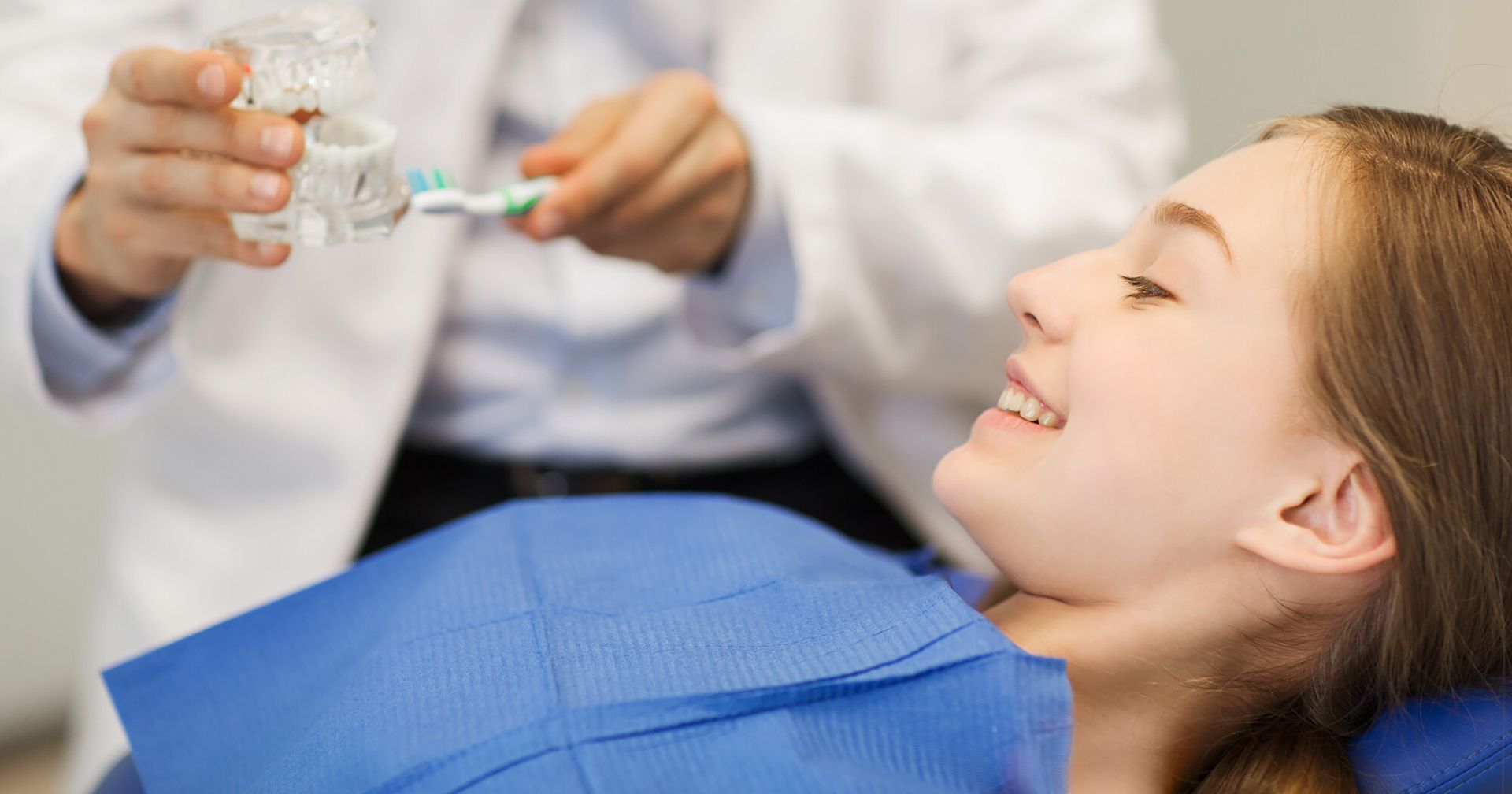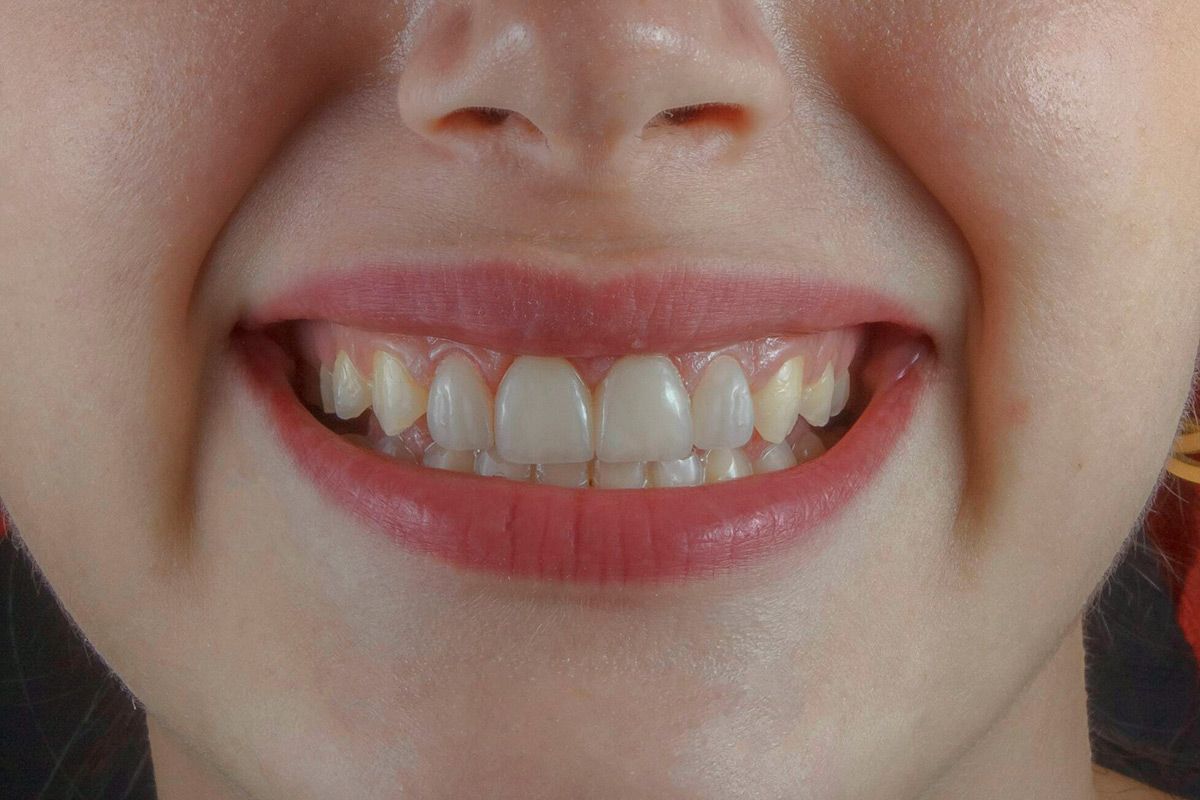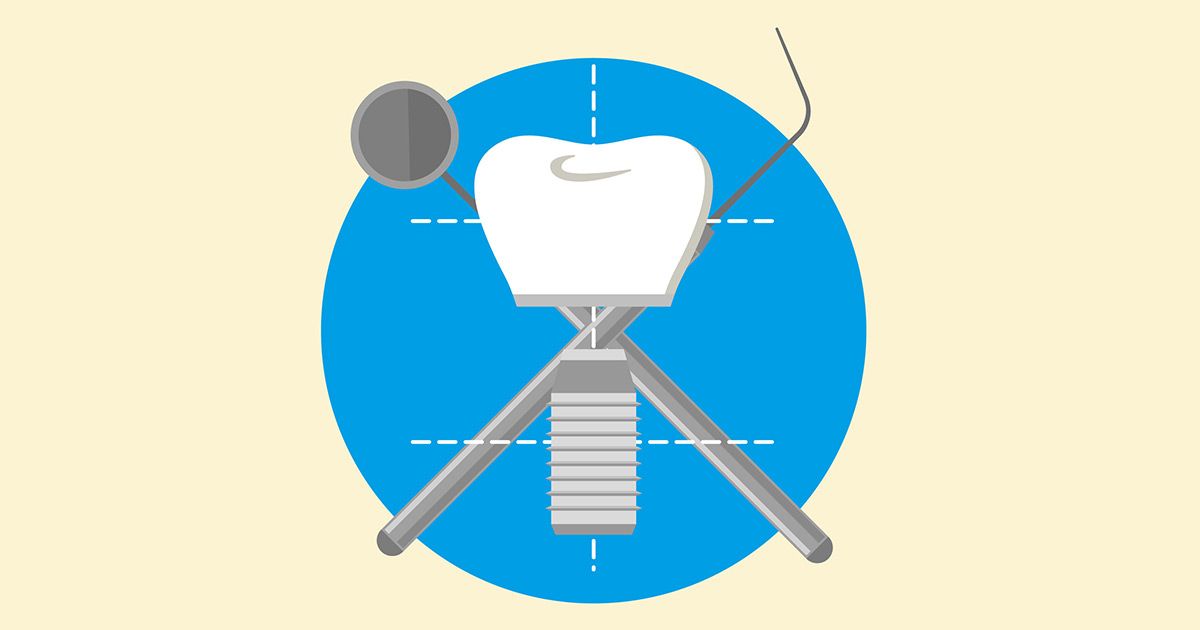What do you need to know about gum disease?
Shawn Kimmel • November 15, 2019
Over 3 million Americans are diagnosed with gum disease each year. It’s most common in people from the age of 19 all the way through senior citizenship – though younger people can get it. It’s largely preventable if one knows what to look for. It’s best that people learn early, because as it progresses, it can hurt far more than one’s teeth and gums.
Some of the signs of gum disease include loose or shifting teeth, persistent bad breath, swollen gums, gum recession, and dentures can fit differently. It’s important to catch it early because if it becomes an advanced case, then it can affect the rest of the body. Bacteria can enter the bloodstream and cause anything from heart disease to cancer.
It’s important to know about gum disease – people only get two sets of teeth in their lifetime and replacing them can be expensive. Here are the types of gum disease that people can get, along with the treatment or ways to reverse it, if possible.
Gingivitis
This is considered the mildest type of gum disease. The most prevalent sign here is when people see blood on their toothbrush or dental floss. That’s because their gums are swollen and sensitive. It’s usually because people neglect their oral hygiene regimen.
Gingivitis can be reversed, though. It just takes both professional care from the dentist and diligence with oral hygiene. Once diagnosed, though, action needs to be taken, otherwise it moves to the next stage.
Periodontitis
Once the gingivitis has progressed to the next stage, it cannot be reversed. This is dangerous because gum disease can rapidly turn from mild to very severe in an astonishing amount of time. Fast treatment is of the essence.
- Aggressive periodontitis – Patients who would otherwise be seen as healthy have this. It can wreak havoc if not attended to immediately.
- Chronic periodontitis – This is the most common form. The tissues of the teeth are affected. Pockets develop in the gums and hold bacteria. While it’s usually slow, it can be fast-moving at times.
- Systemic periodontitis – People with diabetes, heart diseases, or respiratory ailments get this. It usually starts when they are young.
- Necrotizing periodontitis – When this occurs, tissue death happens, along with jaw ligaments. AIDS patients usually have this, along with other immune-suppressed people.
Treatments
People with gingivitis can have it reverse course with diligent attention to their oral habits. It’s after it’s progressed where it reaches the point of no return. Once that has happened, the options range from non-surgical procedures to grafts to reattach tooth and gums. At the very worst case, it can require extraction and subsequent replacement with dentures or dental implants.
Risk Factors
The biggest factor is not brushing or flossing enough. There are other things that can play a part, though People who smoke, are diabetic, are immune-suppressed because of something like HIV or have had chemotherapy. These things can dry out one’s mouth, which greatly reduces the amount of saliva, which is very important in getting rid of bacteria. Genetics can play a part.
What can make gum disease very insidious is that it can go unnoticed for a long time, and people often mistake the absence of tooth or gum pain for a healthy mouth. That may tempt them to skip an appointment and thus allow it to advance to an irreversible stage.
Ultimately, diligence is the best safeguard against even reaching the gingivitis stage. It’s all about keeping plaque and bacteria out. People should take the time out to brush their teeth twice a day, for two minutes each, preferably with an electric toothbrush. It’s important to floss once daily, too. Using a mouthwash is optional, but certainly can help.
Dr. Dorothy Anasinski and her staff at Dental Specialists of Niles are very experienced with treating periodontal disease. They will do a thorough examination of the patient’s mouth and chart the best course of action depending on the state of the gum disease. Give them a call at 847-685-6686 to make an appointment.
Published By:
Dental Specialists of Niles
8216 W. Oakton Street
Niles, IL 60714
Phone: (847) 685-6686
Website: https://dentalspecialistsofniles.com/



